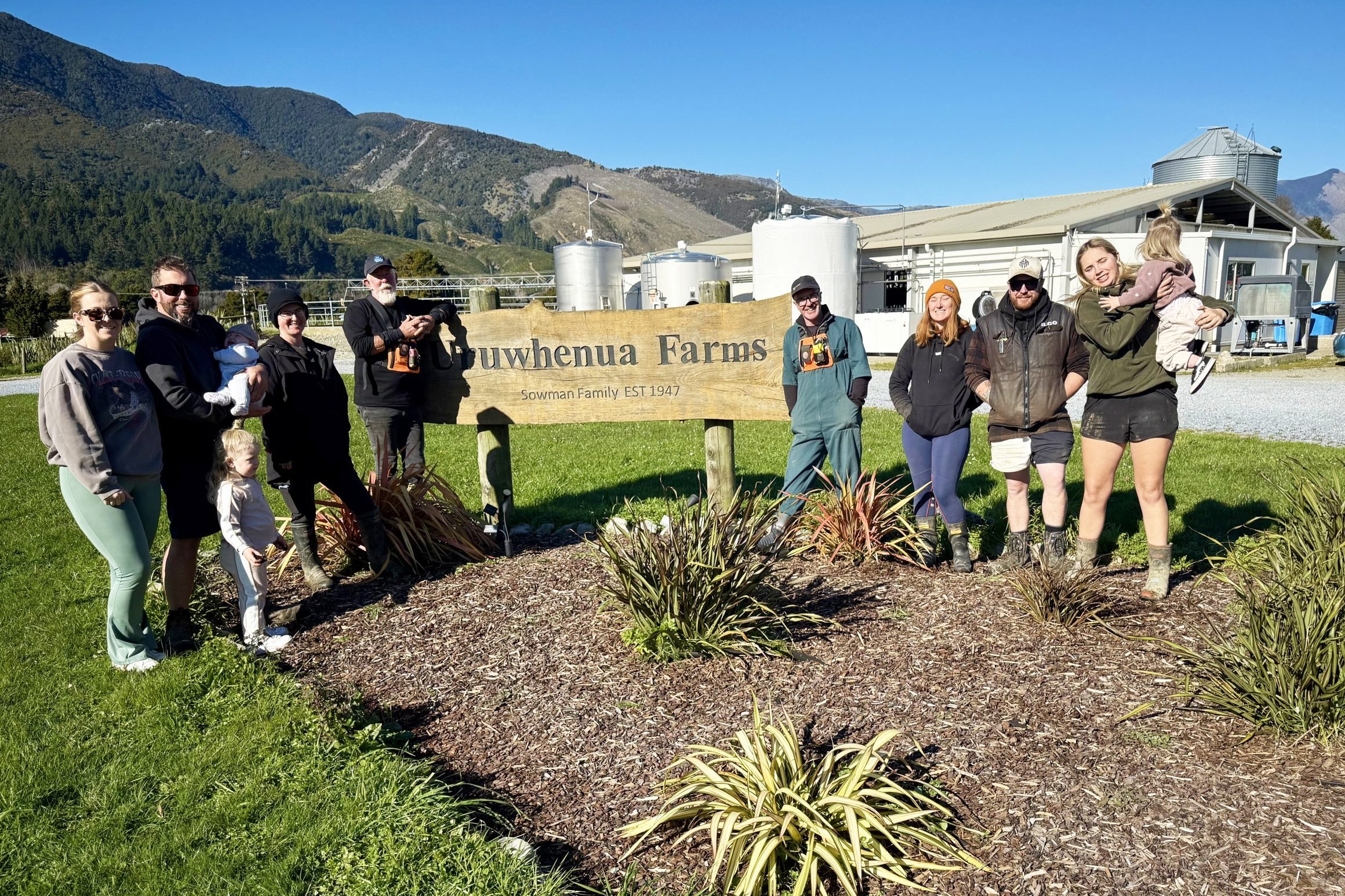BY: ANNE HARDIE
A big correction is coming in the manuka honey market, with buyers slowing down, Nelson Honey and Marketing owner Philip Cropp says.
It has been a tough year trying to sell honey produce during a global pandemic
Cropp said Covid put the kibosh on it and there were markets such as India where they haven’t been able to get their products into the country. Some countries, including Hong Kong and England, have continued to do well with sales, whereas others like Singapore have slowed to a halt.
The company employs about 50 people from beekeeping and raising queen bees through to processing and marketing honey and products it has developed.
Among them are products the company has developed from manuka honey and bee venom. It is aimed at supporting cortisone production in the body.
Cropp continues to work on the science that will prove bee venom’s worth as a health benefit. The Cropps also farm Rainbow and Raglan stations, 8400ha plus they own 800ha for finishing stock.
The Cropp family has been producing honey for three generations.
The company’s hives are distributed throughout the top of the South Island, from the West Coast through to the Marlborough Sounds, where some are only accessible by boat. About 200t from the company’s own hives is processed each year, and used for a range of nutrition, health and skincare products. They are marketed throughout New Zealand and exported to markets around the world.
Nowadays he tests all the honey for traces of glyphosate due to increasing market concerns, which is not a problem from hives in places such as Cropp’s Rainbow Station but can be in sites with closer neighbours. As many of the hives are in native bush country, he also tests honey for tutu, which is a toxic plant in the bush.
Cropps said one of the attractions of Rainbow Station is the natural environment that makes honey popular and hence there is a growth in sales. No spraying and minimal use of fertiliser has led to clover growing in areas it has never grown before, which is also good for the honey business.
He said this flowering season the kanuka had been more prolific than manuka. It also had beneficial health properties, it didn’t have the recognition that manuka has gained.




